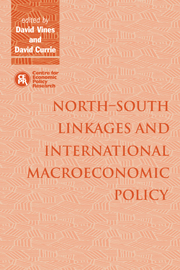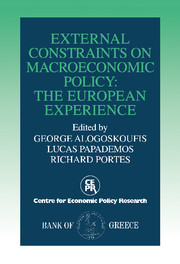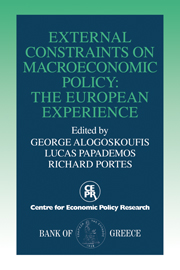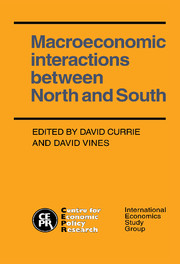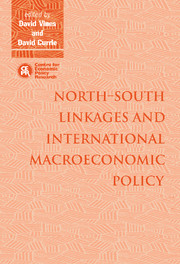Rules, Reputation and Macroeconomic Policy Coordination
This book is concerned with the design and conduct of macroeconomic policy in an international context. It addresses the advantages and disadvantages of simple policy rules, how to formulate policy in the face of uncertainty, the possible benefits from international policy coordination and the role that credibility plays in determining the effectiveness of government intervention. These issues are brought together to produce a unique, unified approach to the subject. The book will be of interest to students and teachers of macroeconomics, and professional economists concerned with the design of policy using macroeconomic models.
Product details
March 2009Paperback
9780521104609
444 pages
229 × 152 × 25 mm
0.65kg
64 b/w illus. 88 tables
Available
Table of Contents
- Introduction
- Part I. General Issues:
- 1. Macroeconomic policy design and control theory - a failed partnership?
- 2. International policy coordination - a survey
- 3. The European road to monetary union
- Part II. Theory and Methodology:
- 4. The design of feedback rules in linear stochastic rational expectations models
- 5. Credibility and time consistency in a stochastic world
- 6. Should rules be simple?
- 7. Macroeconomic policy design using large econometric rational expectations models
- Part III. Fiscal and monetary policy in interdependent economies:
- 8. Macroeconomic policy design in an interdependent world
- 9. Does international macroeconomic policy coordination pay and is it sustainable?: a two-country analysis
- 10. International cooperation and reputation in an empirical two-bloc model
- 11. Fiscal policy coordination, inflation and reputation in a natural rate world
- 12. The use of simple rules for international policy coordination
- 13. Evaluating the extended target zone proposal for the G3
- Bibliography
- Index.


